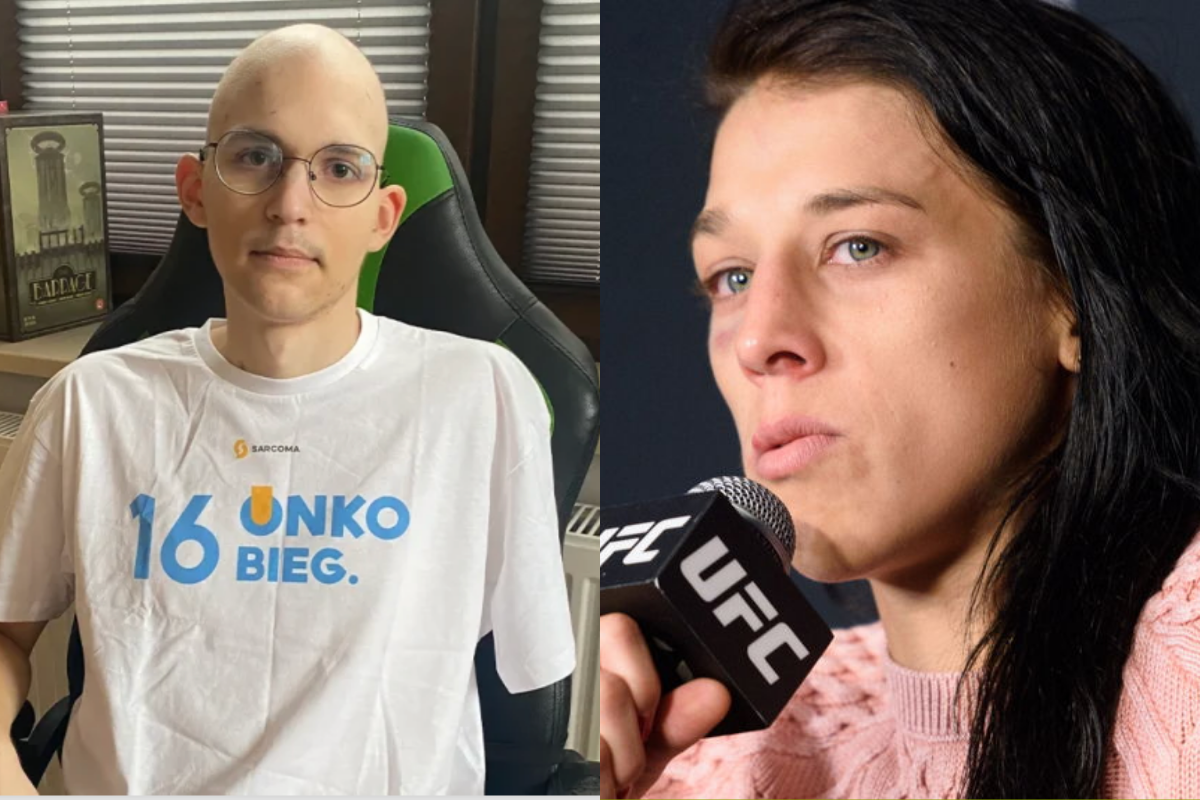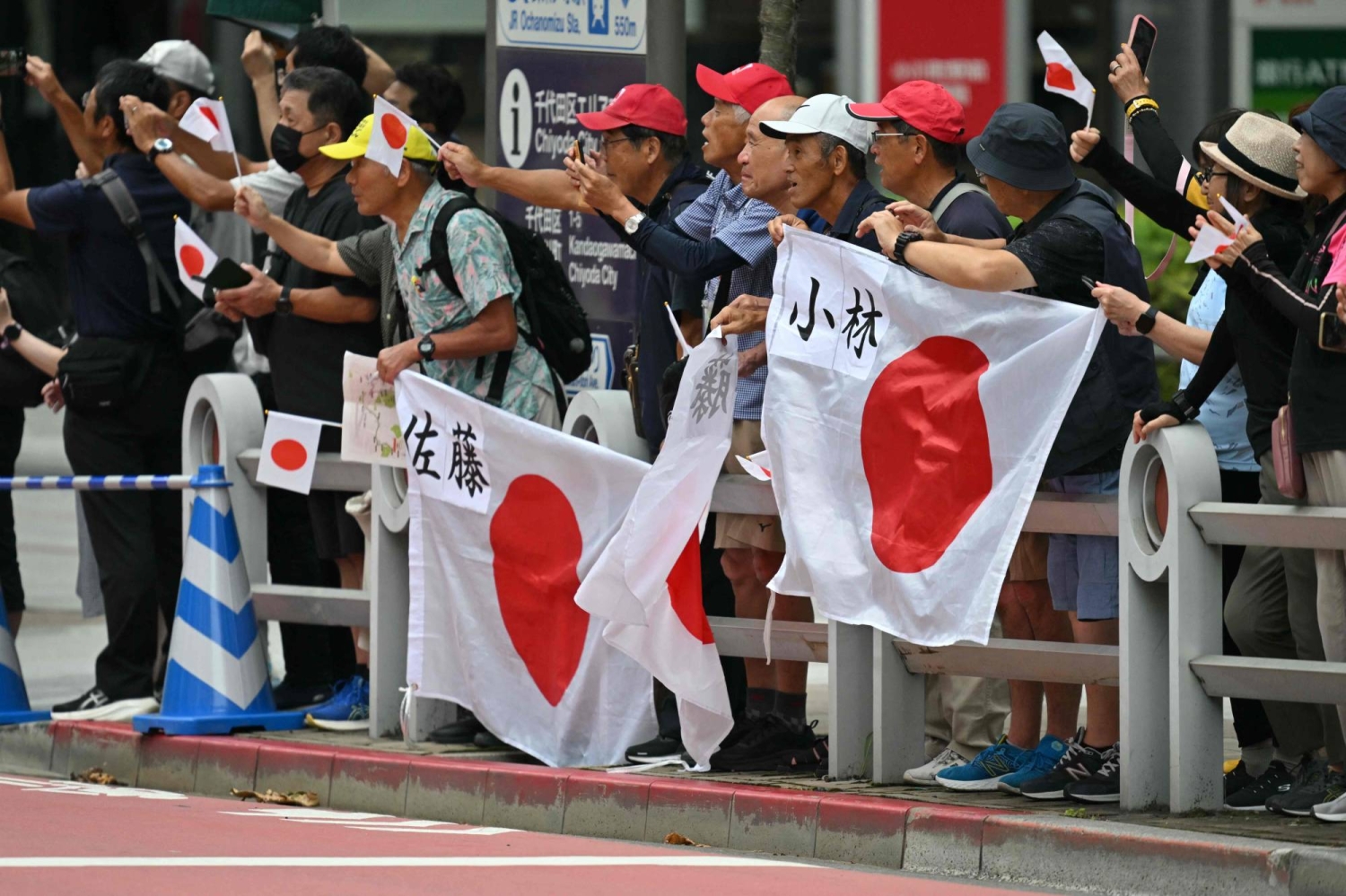
Marking a significant new chapter with its 21st edition, the Zurich Film Festival is presenting a strong selection of the year’s most highly anticipated films under a new ownership structure that promises to secure the event’s growing role in the city.
Swiss newspaper group NZZ, which had owned the ZFF for the past decade, sold it earlier this year to festival director Christian Jungen, who led an investment team that included ZFF vice director Reta Guetg, entrepreneur and TV host Max Loong, former ZFF president Felix E. Müller and finance expert Marek Skreta.
The group aims to further establish the ZFF as a leading European festival through strategic partnerships with domestic and international players, including new private partners, and expand support from foundations, donors and public institutions.
While NZZ will remain a key ZFF partner for another three years, the festival’s independence is seen as an opportunity to attract new key supporters, Jungen says.
Political considerations, particularly in the current climate, played a significant role in NZZ’s decision to divest itself of the festival, Jungen explains. As a conservative, right-leaning liberal newspaper, “they felt that they were in the way of developing the festival because it’s very polarized times and the newspaper has very strong opinions on different subject matters.”
As a result, the festival was at risk of becoming “collateral damage of bigger political topics, and that’s why they wanted to sell it,” he adds, underscoring that NZZ will remain a main partner for three more years. The festival’s other main sponsors include Swiss bank UBS and German automaker Mercedes Benz.
“I felt the best thing would be to have continuity,” Jungen says. “It’s very important that the festival is run by people who are on the ground and not by someone on another continent, and that’s why we made the management buyout.”
“The reactions were overwhelmingly positive,” he adds, noting that his team received considerable financial support from wealthy individuals who were eager to support the venture as they see the festival as a major event. Yet these supporters “were not so eager to help when you belong to a big media company because they ask, ‘Why do they need my contribution?’ Now that it’s independently run and in an entrepreneurial way, it’s easier for us to gather the funding to operate it.”
Moving forward, Jungen aims to secure new private partners and expand support from foundations, donors and public institutions. Currently, the federal, regional and municipal governments contribute a combined CHF 1.3 million ($1.6 million), less than 10% of the ZFF’s annual budget of CHF 14 million.
“This is not a typical festival like Cannes or Berlin, which are heavily state funded. We are financed over 90% by private companies. Our biggest sponsors are UBS, Mercedes and NZZ.”
Being independent makes it easier to get private sponsors as well as contributions from foundations and rich individuals who “love the entrepreneurial spirit,” Jungen stresses. “That’s why it’s good to be on our own now.”
The ZFF is also seeking to secure more financing from the city of Zurich, which currently provides CHF 500,000 a year for the fest.
“We have the name of Zurich in our title – we’re the Zurich Film Festival,” Jungen points out. “A lot of people come to Zurich; there is an image component for the city. So far we get half a million Swiss francs. It’s really a very low sum.”
He notes that the city government, run by left-of-center parties, had previously shown little interest in more support for the festival in view of its ownership by the more center-right NZZ group.
With its newly gained political independence, the festival expects greater support from the city to be much easier.
Jungen is also looking to collaborate more with other international festivals as part of the ZFF’s overall strategy.
“There are the big five, Cannes, Venice, Toronto, Berlin and Sundance, and then the rest is like one league. If you build a network with other festivals from other continents and you share your intelligence and maybe you approach big global sponsors or brands, you have better chances of getting sponsorship.”
He compares the strategy to that seen in professional sports, such as Emirates Airlines’ global partnership with the Association of Tennis Professionals, which includes sponsorship of some 60 tournaments around the world.
“If you are a network of, let’s say, five festivals and you approach such a brand, you have higher chances to get the support because they can do something in different seasons on different continents. We’ll see. I’m in an exchange with other festivals and slowly, slowly we are building this network.”



